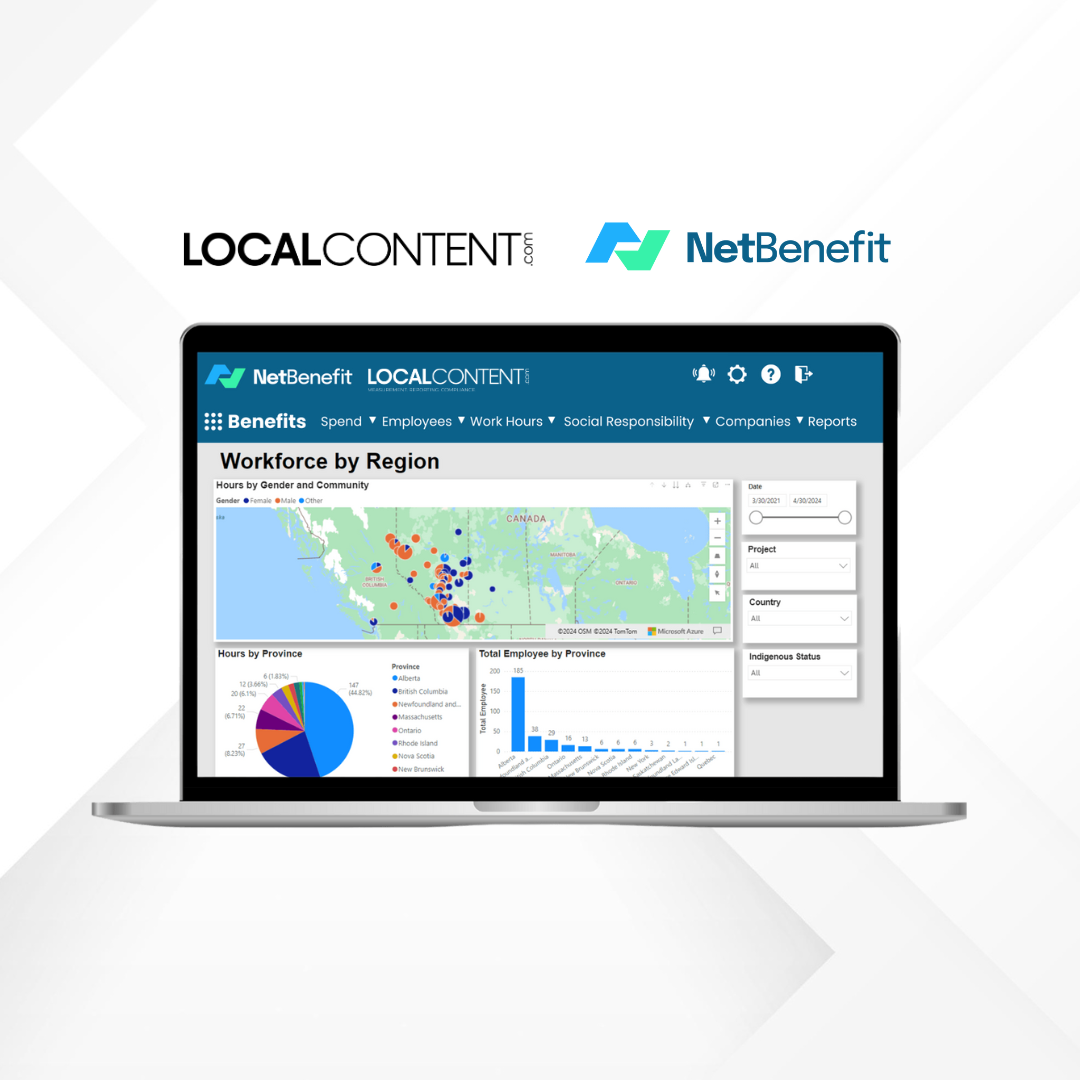As we face an era of unprecedented environmental challenges, educating the next generation about climate change and renewable energy is no longer an option—it’s a necessity. The young people of today will inherit a planet grappling with the consequences of global warming, and they deserve the knowledge and tools to meet those challenges head-on.
Climate change is already making its presence felt. From devastating wildfires to rising sea levels, its impacts are not in some distant future; they are unfolding now. Educating youth on these realities equips them with an understanding of the urgency to act. When young people grasp the science behind climate change—greenhouse gas emissions, the warming atmosphere, and their effects—they become more likely to advocate for the sustainable policies and practices we desperately need. Awareness is the first step to action, and action has never been more critical.

But this education isn’t just about raising awareness—it’s about preparing future leaders. Today’s students will shape tomorrow’s policies. They will be the ones making decisions about energy, infrastructure, and environmental protections. By teaching them early on about the potential of renewable energy—whether it’s solar, wind, or hydropower—we’re laying the foundation for a future that relies less on fossil fuels and more on sustainable energy sources.
Instilling a sense of environmental stewardship is equally important. When young people learn how human actions have driven climate change, they are more likely to adopt sustainable practices in their everyday lives. Whether it’s reducing energy consumption, recycling, or supporting renewable energy solutions, these behaviors are essential for creating a culture of sustainability. We need a mindset shift—and it starts with education.
Moreover, renewable energy is not just an environmental issue; it’s also an economic opportunity. The renewable energy sector is one of the fastest-growing industries globally, and educating young people about it opens doors to careers in environmental science, clean energy, and related fields. With the world transitioning to a green economy, these careers will be in high demand, offering stable, meaningful work for generations to come.
Lastly, understanding climate change fosters a sense of global citizenship. Climate change is not confined by borders, and solving it requires global collaboration. When students learn about the global impacts of climate change and the shared responsibility to combat it, they are more likely to embrace their role as global citizens, willing to work with others to find solutions.
In conclusion, educating the youth about climate change and renewable energy is about more than preparing them for the future—it’s about empowering them to shape it. By fostering awareness, responsibility, and innovation, we are investing in a sustainable, resilient world. Climate change may be the challenge of our time, but the youth are our best hope for meeting it.
The time to educate and inspire them is now.
Marjaneh Issapour MS, P.E. is CEO of National Wind Services Corp.










